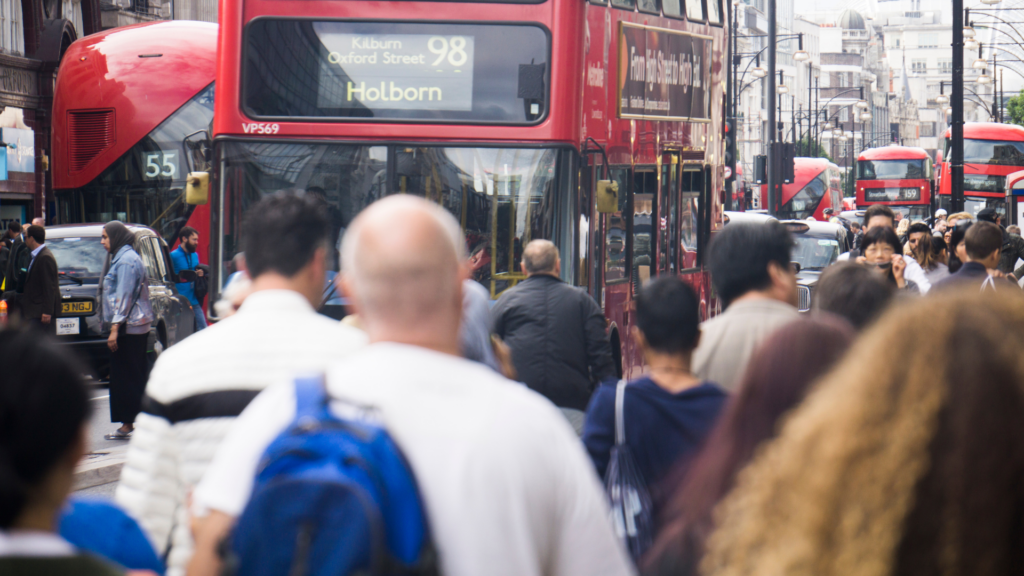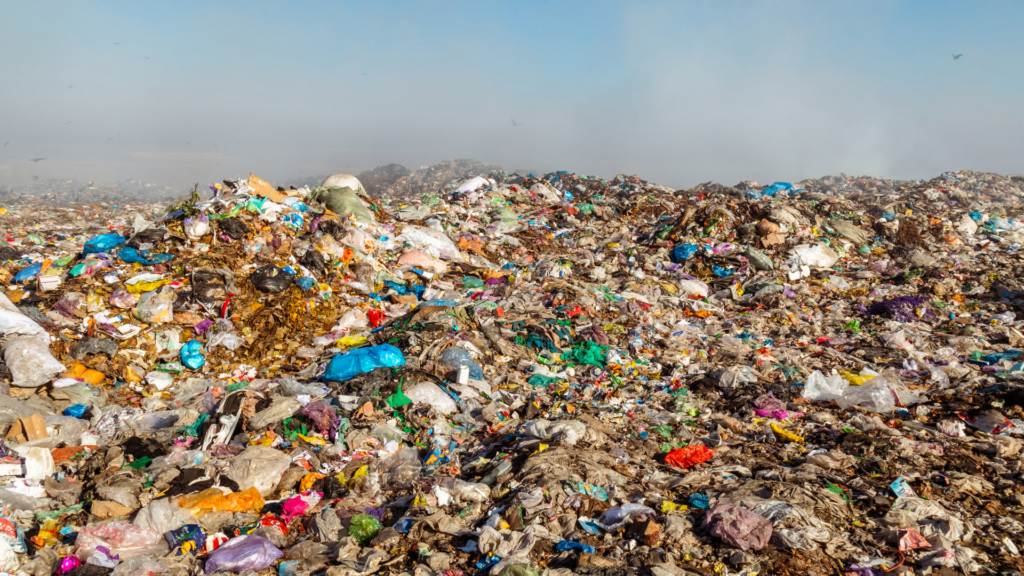Is shopping green on Black Friday a good alternative?

It is that time of the year again.
Black Friday. The day of sales, discounts and once in a lifetime deals.
Exciting and profitable for some.
Questionable for others.
It will be everywhere.
Your favourite retail brands. Tech companies. The travel industry. Even infopreneurs and online influencers join the party.
In light of the cost of living crisis, we can understand the appeal. Black Friday is also an opportunity to buy Christmas presents ahead of time.
But together with the excitement that this day sparks, the last few years have seen a rise in critics speaking out against the capitalistic model, in favour of more sustainable practices.
So, how can we balance our spending without guilt, ensuring that our actions as consumers align with our sustainable values as individuals? Only you can choose what kind of consumer you want to be.
The origins of Black Friday
First heard in 1869 after a crash of the US gold market, Black Friday is now commonly known to be the day of sales on the Friday following thanksgiving. Traditionally a US based retail event, it is now a worldwide four-day event leading to Cyber Monday, the discount days from tech companies.
Black Friday in the UK
In 2022 in the UK alone, Black Friday was expected to see just over £3 billion spent for online and offline shopping combined; followed by another £5.16 billion over cyber weekend and Cyber Monday.
The impact of Black Friday on the planet

With Black Friday, Christmas and Boxing Day, October and December are the two highest spending months of the year in the UK.
51% of adults and 79% of Gen Z say they expect to spend on Black Friday. The top categories of spendings are fashion, toys and electronic goods.
Emissions from deliveries
A Money.com report showed in 2020 that the emissions from deliveries of goods purchased during Black Friday were the equivalent of 435 return flights from London to New York.
Waste from packaging and unused items

A Green Alliance report published in 2019 shows that due to the low level of circularity of England’s resource management system, 80% of plastics, textiles and electronic goods would continue to go to landfill, incineration or low quality recycling.
Is it all really necessary?
Making your own Black Friday moral compass, and sticking to it
Living and working sustainably is not always easy if infrastructure and alternatives are not available.
Sometimes there’s just no other choice. But often, being a conscious consumer is about bringing awareness to our consumption behaviours.
1. Think ‘Repair’ first
Before considering buying again, have you checked if what you have can be repaired?
Most electronic goods can be fixed with a bit of know-how. Clothing can be sewed. Furniture repaired…
Not only will you save from buying, but you’ll save on emissions and give your items a new life.
2. Plan ahead what you really need
Prepare your Black Friday ahead of time, make a list and stick to it.
Black Friday can be the opportunity to buy some indispensable items. You might need a bigger fridge because your family has grown and needs bigger space. Or some items might be unfixable. We get it.
Make a list of the things you plan on buying during Black Friday and stick to it. It will help avoid getting tempted by an unplanned purchase.
What does shopping green mean?
We would like to encourage everyone to shop more green, whenever they can. But what does it mean?
Buy second hand
Lots of electronic items can now be bought reconditioned. They look like new (almost), often come with 1 year warranty, and work great!
Clothing, toys and books can also be bought second hand. Online or through charity shops, you might get even better deals than Black Friday.
Take this opportunity to also be the one giving thing out. Do you have valuable items that you are not using anymore, waiting at the bottom of a draw to be loved again? Families and friends might be interested to buy them from you. It’s a nice way to clear space for you and to save money for them.
Buy local
Reduce the intermediaries and transport emissions by buying close to you. It will contribute to your local economy and strengthen the local communities.
Buy plastic-free
Plastic is one of the worst materials for the planet. It is made of chemicals derived from fossil fuel production, which contributes to global warming. Plastic can also take between 20 and 200 years to decompose, becoming a danger to the planet and wildlife as it becomes microplastic.
So – what kind of consumer will you be during Black Friday?
